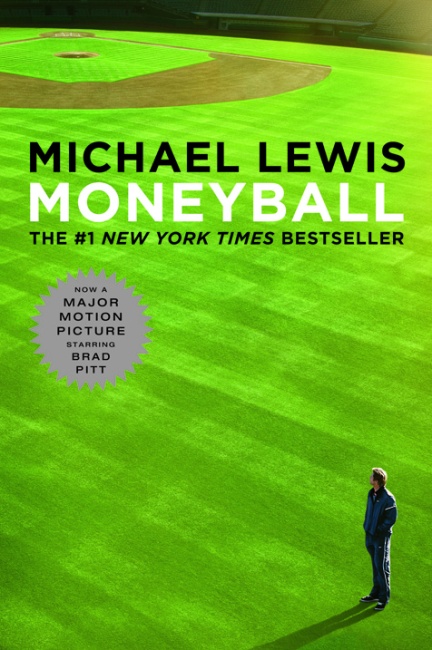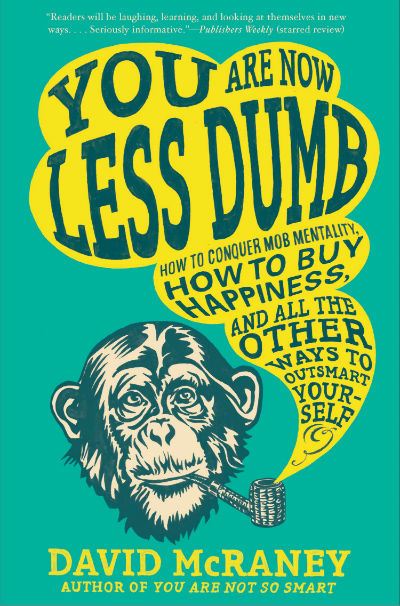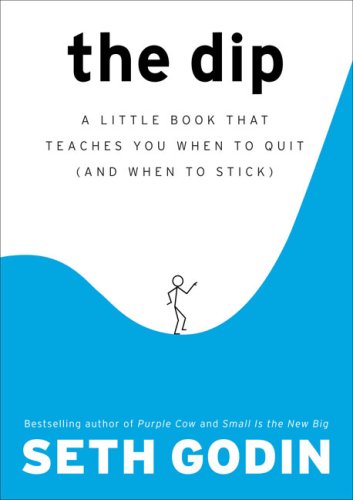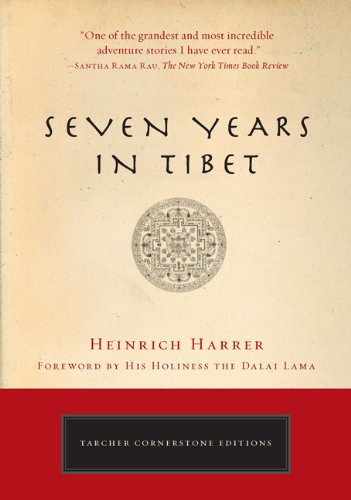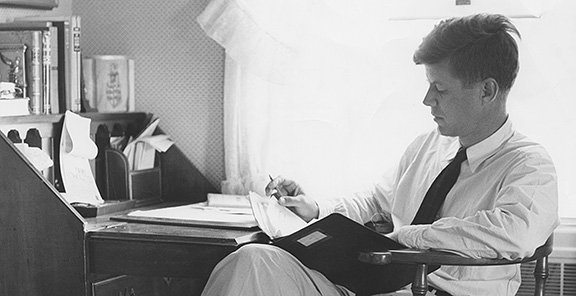
We live most of our lives with the fear to take risks. The Merriam-Webster define it as: “someone or something that may cause something bad or unpleasant to happen.” The spectrum of bad or unpleasant things that could happen can be quite large. Most of the things we fear of doing day by day will not likely cause injuries or death. The risks we aren’t taking are usually harmless. The goal here is to give you inspiration of doing things that your afraid of. Like Bryan Koppelman said: “The only risks of doing something are time and ego“. Here are 9 quotes about taking more risks in your life.
[1] “No man is worth his salt who is not ready at all times to risk his well-being, to risk his body, to risk his life in a great cause.” – Theodore Roosevelt.
The 26th American President was right. Take a look at his life and you will understand. He graduated from Harvard. He became a frontier sheriff from 1884 to 1886. Then, he went back to New York where he worked on the New York City Police Board and assistant secretary of the navy. He was a war hero during the Spanish-American war of 1898.
He became Vice-President under McKinley who was assassinated in 1901. That made Roosevelt President of United States. He was president until 1908. Added to that, he wrote many books. I could go on for hour talking about his different accomplishments and the risks he took in his life. Looks like it wasn’t for nothing.
[2] “All the course of action are risky, so prudence is not avoiding danger (it’s impossible), but calculating risk and acting decisively. Make mistakes of ambition and not mistakes of sloth. Develop the strength to do bold things, not the strength to suffer.” – Machiavelli
I first read that quote in the book 4-Hour Workweek by Tim Ferriss. I really liked it. I know it was said by Machiavelli the author of The Prince, but I don’t know where he said it. Every thing you will do will have is share of risks.
It’s impossible to avoid risks. I mean taking you car in the morning can be a risk. I could say the same about taking the plane. Don’t make the mistake of being apathetic, make mistakes by doing audacious things. You can develop a strength to do bold things. In that matter, you should consult law #28 in 48 Laws of Power by Robert Greene (Enter Action with boldness).
[3] “A ship is always safe at the shore – but that is NOT what it is built for.” – Albert Einstein
In other words, Einstein was trying to that we were built to take risk, We weren’t built stay inside a shelter and watch life goes by. What is the use of building a ship if you are not going to take it to the sea. I might sound self-righteous by telling you that you should do other things than watching tv and drinking beer. I’m in the same boat, from time to time, we all need a good kick in the ass. You must live experiences in your life. You must make it worthwhile. Otherwise you’ll regret it.
[4] “It is better by noble boldness to run the risk of being subject to half the evils we anticipate than to remain in cowardly listlessness for fear of what might happen.” – Herodotus
This was said by the Greek historian Herodotus in his work The Histories. He wrote it more than 2000 years ago and it didn’t grow old. Doing something we fear and going through the repercussions will always be better than doing nothing. You will probably miss more by doing nothing than by attempting.
[5] “The time to take counsel of your fears is before you make an important battle decision. That’s the time to listen to every fear you can imagine! When you have collected all the facts and fears and made your decision, turn off all your fears and go ahead!” – General George S. Patton
Patton was American general during the second world war. I think what he meant by that is take into account all the fears you have about taking a risk. Then, imagine the worst case scenario. Most of the time, the worst case scenario isn’t life or death dilemma. Once you know your fear, forget them and head for the battlefield. If you want to know more about this man, you should watch Patton with George C. Scott.
[6] “It’s not because things are difficult that we dare not venture. It’s because we dare not venture that they are difficult.” – Seneca
Lucius Seneca (4 BC – AD 65) was Roman philosopher and one of the main figure of stoicism. I really like how he depicted the idea of risk. We consciously make things difficult. If you don’t want to do something, you’ll find any reason in the world to make it difficult. It’s often the case that after we did something risky, that we will say that it was easy in the end. If you want to know more about his work, I suggest Letters From a Stoic and On Shortness of Life.
[7] “People who don’t take risks generally make about two big mistakes a year. People who do take risks generally make about two big mistakes a year.” – Peter F. Drucker
Peter F. Drucker is the author of Innovation and Entrepreneurship and bunch of other great business books. I think he meant that people who take risks don’t make more mistakes than those who don’t. Acting with boldness will probably be way more rewarding in the end of the year than doing nothing.
[8] “Twenty years from now you will be more disappointed by the things you didn’t do than by the ones you did. So throw off the bowlines, sail away from the safe harbor, catch the trade winds in your sails. Explore. Dream. Discover.” – Mark Twain
The boat thematic is quite popular in the field of risk quotes. This quote was attributed to the writer Mark Twain, but it cannot be verified. I think it’s really straight forward. Think of yourself in twenty years. Will you be disappointed by the risks you didn’t take? Don’t fear to try things outside of your comfort zone.
[9] “Play the game for more than you can afford to lose… only then will you learn the game.” – Winston Churchill
I don’t know the context of that quote from the British Prime Minister during the second world war. My interpretation of it is that you will never reach the top of your game if you’re not ready to lose first. Avoiding the lost, is avoiding to play. Can you imagine a boxer never going in a ring. This is the whole essence of the game. You must play it and play it again.
